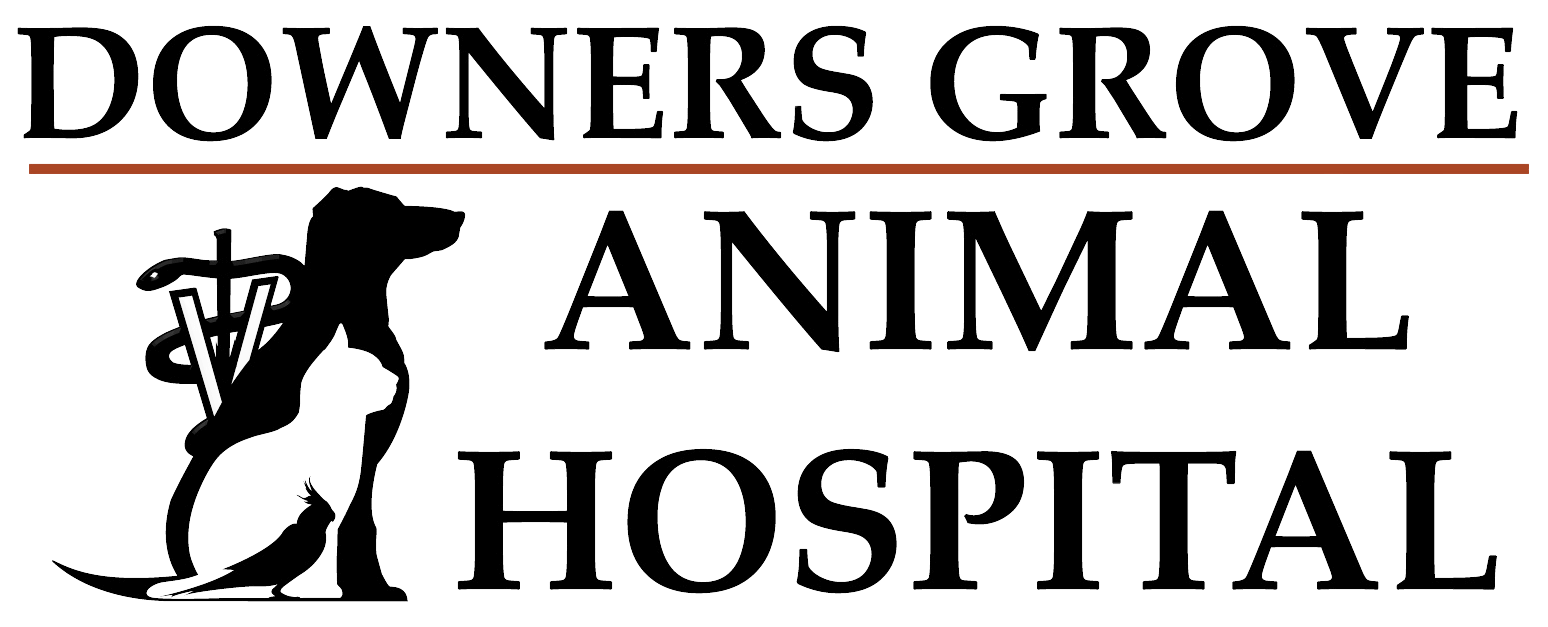Dog and cats seldom develop cavities but they are prone to major dental problems. Periodontal disease is a painful disease that causes bad breath and is common in our pets.
Most dental problems serious enough to be seen by a veterinarian, (and almost all teeth lost), are the result of periodontal disease. This is by far the most common cause of "bad breath", and affects 80-85% of dogs and cats over the age of 3. In advanced cases, periodontal disease results in infected, foul- smelling, loosened teeth with massive, unsightly accumulation of tartar. This can be a painful disease and may even cause signs such as drooling, diarrhea, vomiting and irritability.
Plaque is formed when food material, bacteria, and saliva accumulate and adhere to the tooth surface. This material can be easily removed with routine brushing. If this buildup is allowed to continue unchecked, then plaque hardens to form tartar. Tartar buildup causes inflammation, infection, and erosion of the gums. As periodontal disease progresses, the tooth roots become affected. The teeth then become loose, and may even fall out.
Periodontal disease allows bacteria to constantly grow in the infected mouth tissue. These bacteria may even enter the bloodstream through inflamed, bleeding gums and cause infections elsewhere. When this happens, the heart valves (endocarditis) and kidneys (nephritis) are most commonly infected.
Follow these tips for good oral hygiene:
1. Prescription Diet t/dTM is available for both dogs and cats and can be fed or used as a treat every day.
2. Have teeth examined at least once every year for tartar buildup. Pets vary considerably in the amount of tartar that accumulates. Once periodontal disease begins, we recommend professional cleaning and potentially surgical treatment.
3. Use a pet dentifrice on a regular basis. Nothing will slow down the progression of periodontal disease more effectively than daily tooth brushing. We will be happy to discuss strategies to help you to train your pet to accept tooth brushing. We also carry palatable toothpaste for your pets that should help to make this a pleasant experience. Do not use human toothpaste as it can be toxic if swallowed. We also have helpful alternatives for those animals who simply will not accept tooth brushing. These recommendations will probably do more to prolong your pet's life and make it more enjoyable than anything else you can do.
